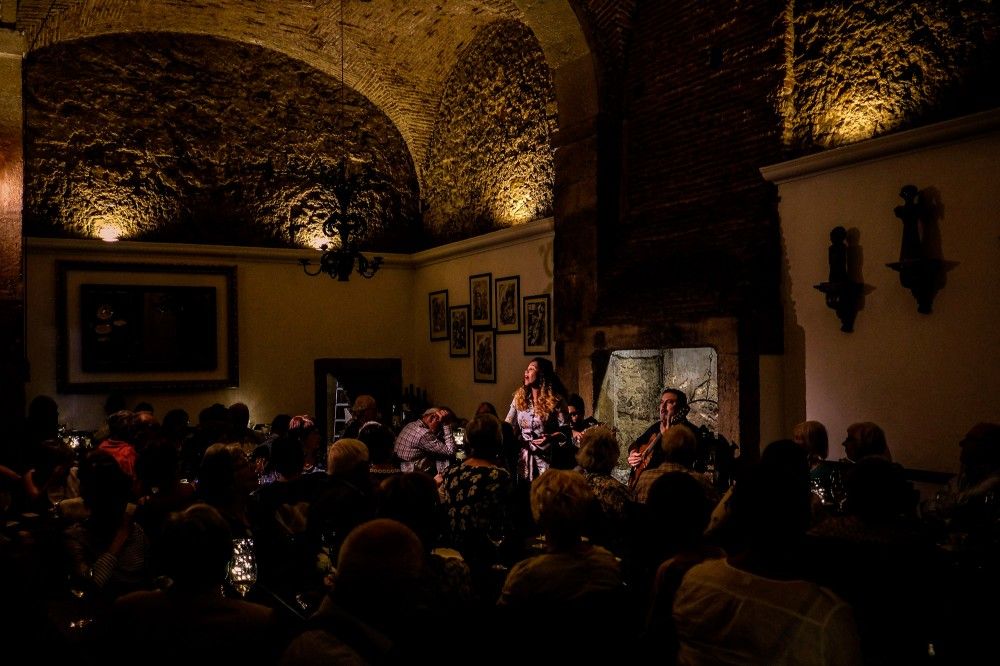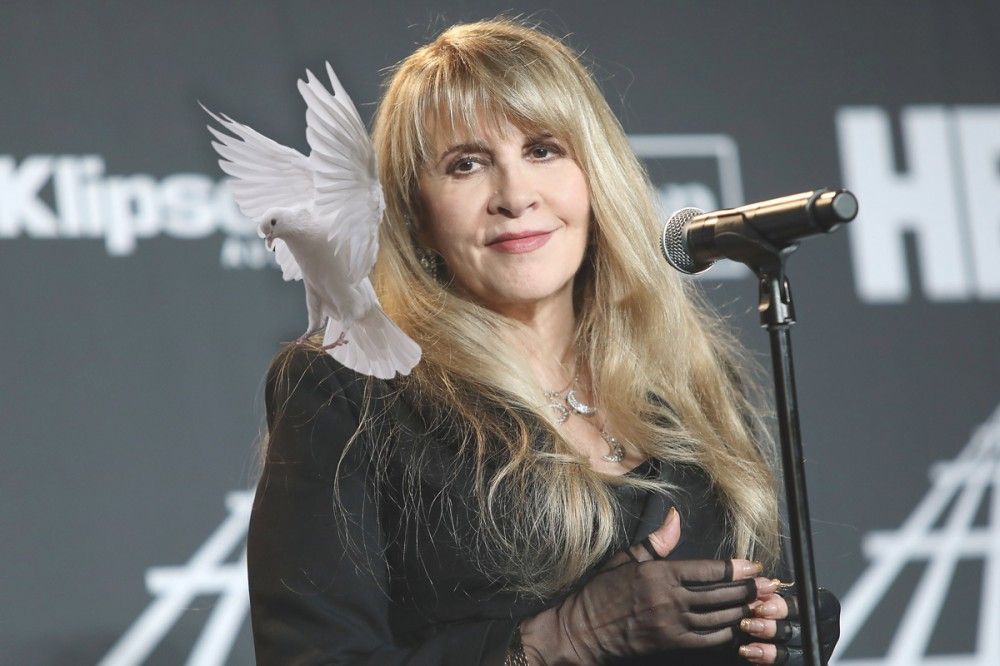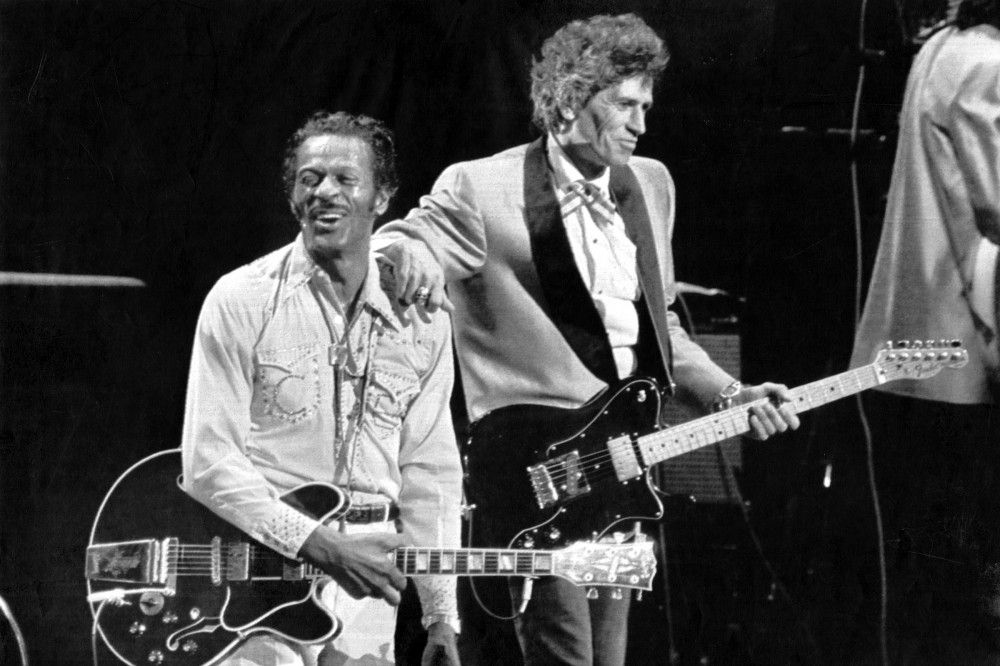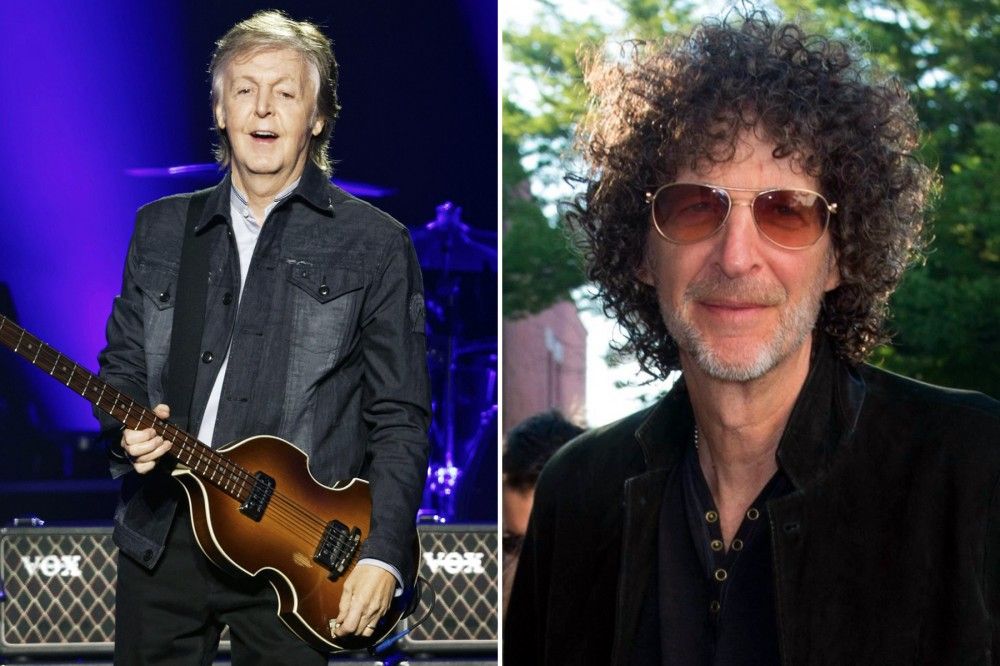
Inside Lisbon, Portugal's Rich Fado Music Scene
In our new series, we look at eight cities where live music has exploded — from legendary hubs like Chicago and Nashville, to rising hot spots like Tulsa, Oklahoma, and Portland, Maine. We also look at some far-flung destinations where the music is worth the journey. One of those places is , , where its traditional music is being delivered in exciting new ways.
When visited Lisbon, she made sure to swing through the old-school Alfama district to catch some fado (Portuguese for “fate”) — the impassioned acoustic ballads known as the Lisbon version of the blues. She wound up living there for three years, and the fado-inspired “Crave” popped up on her Madame X album. “In Alfama, you’ll hear people singing and playing fado music everywhere,” she said, calling the sound “glorious and inspiring.”
If you follow her to Alfama, the trick is avoiding the touristy spots. “If everything is directed at you, like, ‘Come in,’ it’s not an interesting fado house,” says new-generation fado singer Carminho. “But if you go to a fado house and don’t understand everything, you are in a good one.” At the intimate, homey Tejo Bar (a Madonna fave), be prepared to stand wherever you find space and even grab one of its available instruments to play along. Whatever you do, don’t clap; in respect to the older residents in the building, rubbing hands is the preferred method of applause. (If you can’t get in, try the similarly intimate and authentic Tasca do Chico.) Carminho also recommends more upscale fado haunts like Mesa De Frades, a converted chapel with first-rate Portuguese dishes, and the larger O Faia restaurant.
But fado is only part of what Lisbon has to offer. In search of indie rock? Check out Incógnito, where Win Butler recently spun a DJ set. The cozy Musicbox devotes entire nights to live hip-hop. The annual NOS Alive festival, Lisbon’s answer to Bonnaroo, will feature Taylor Swift, Billie Eilish, Khalid, and others this July. And in an example of the ways the country has caught up with modern culture since its 1974 revolution, Lisbon’s decades-old dance-music scene is finally flourishing. “People here dance more than in a lot of other cities,” says DJ, producer, and label owner Branko. “They start dancing and they don’t stop until it’s time to leave the club.”
At spots like the funky warehouse B.Leza and the roomier, multilevel Lux Frágil, partiers are sometimes treated to an Afro-Portuguese EDM blend that reflects the city’s mingling communities, courtesy of local stars like Nidia. “The drum patterns are more complicated — it’s a polyrhythmic approach to dance,” says Branko. “You don’t have that steady four-to-the-floor pattern. It’s about importing ancestral patterns, rhythms, and melodies, and jamming all that into a club sound.” In one of the city’s most exciting developments, acts like Pedro Mafama and Madonna favorite Dino d’Santiago are mixing EDM and hip-hop with fado. “The concept of fado is about to change,” says Branko. “Now the fun begins.”



